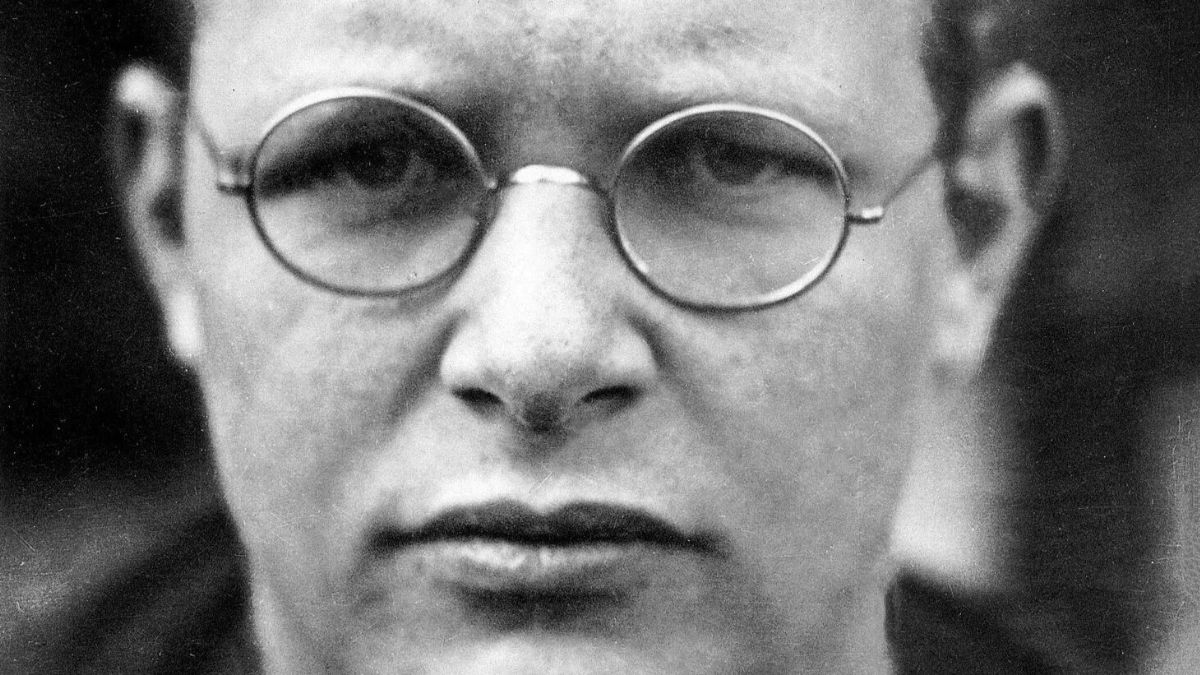

BreakPoint
The Great Betrayal
Every once in a while, events line up in a way that allows us to see things as they really are. An example was the deaths of princess Diana and Mother Teresa within a week of each other. The juxtaposition of the hype and hysteria over the jet-setter, Diana, and the muted response to the death of Mother Teresa gave us a glimpse into how shallow and empty our culture truly is. Well, we're in the midst of a similar truth-telling convergence. In the past two weeks, two events have converged to remind us of what is most important in contemporary American life. The first are the hearings on the nomination of John Ashcroft as U.S. Attorney General. I've already spoken on the matter and told you why I think the criticism and opposition are unfair and hypocritical. But why are Ashcroft's opponents resorting to unfairness and hypocrisy? They don't really think he is a racist, and they don't really know what to make of his being a Pentecostal Christian. What they do know, however, and what they really care about, is that he is against abortion. As columnist Ellen Goodman put it, "the confirmation hearings are not just about Ashcroft . . . [they're about reminding] the new president that he doesn't have a mandate to overturn abortion rights." Which, although Goodman won't say it, is all that really matters to many liberals today. And that brings me to the second event, the twenty-eighth anniversary of Roe v. Wade. Together, the hearings and the anniversary remind us of how much abortion, and the effort to preserve Roe, have changed America. American liberalism, whatever its faults, used to be defined by a concern for the poor and powerless. But no longer. As Camille Paglia, a pro-choice writer, put it recently, liberals today suffer from a "monomania" over abortion. As she caustically wrote in Salon magazine, for liberals, "the entire universe revolves around a single issue affecting the private conduct and personal convenience of heterosexual Western women." Exactly. In what can only be called a great betrayal, the powerless and marginalized have been relegated to the back burner. What's most important for today's liberals are the sexual practices and lifestyle choices of professional women. This inversion of values dismayed people like the late governor of Pennsylvania, Robert Casey, who saw protecting the unborn as an extension of his liberal convictions. But the fight over Ashcroft and the anniversary of Roe aren't the only ironies at work here. It's now clear that Roe didn't, as its proponents maintain, set Americans free. It enslaved them. The right to an abortion has proven to be a very jealous god. In exchange for sexual freedom, it demands everything else: cherished ideals, right priorities, the First Amendment, and even decency. It insists that nothing be spared in its defense. The Religious Right is often accused of being obsessed with abortion. "A love affair with a fetus," one detractor wrote. But in truth, it's the secularist who is obsessed. As the feminists showed, during the Clinton impeachment, they would fight for a man who exploited women so long as he protected the right to an abortion. Roe v. Wade's toll, you see, isn't only measured in the number of lives taken, tragic as that is; it's measured as well by its destructive impact on American culture and politics. And the anniversary of Roe this year reminds us how high the stakes are in this, the greatest moral issue of our times. For further reference: Goodman, Ellen. Weekly Column, Pittsburgh Post-Gazette, 17 January 2001. Paglia, Camille. "A Bland Antidote for Bill 'n Al Fatique: George W." Salon Magazine, 17 January 2001.
01/23/01















